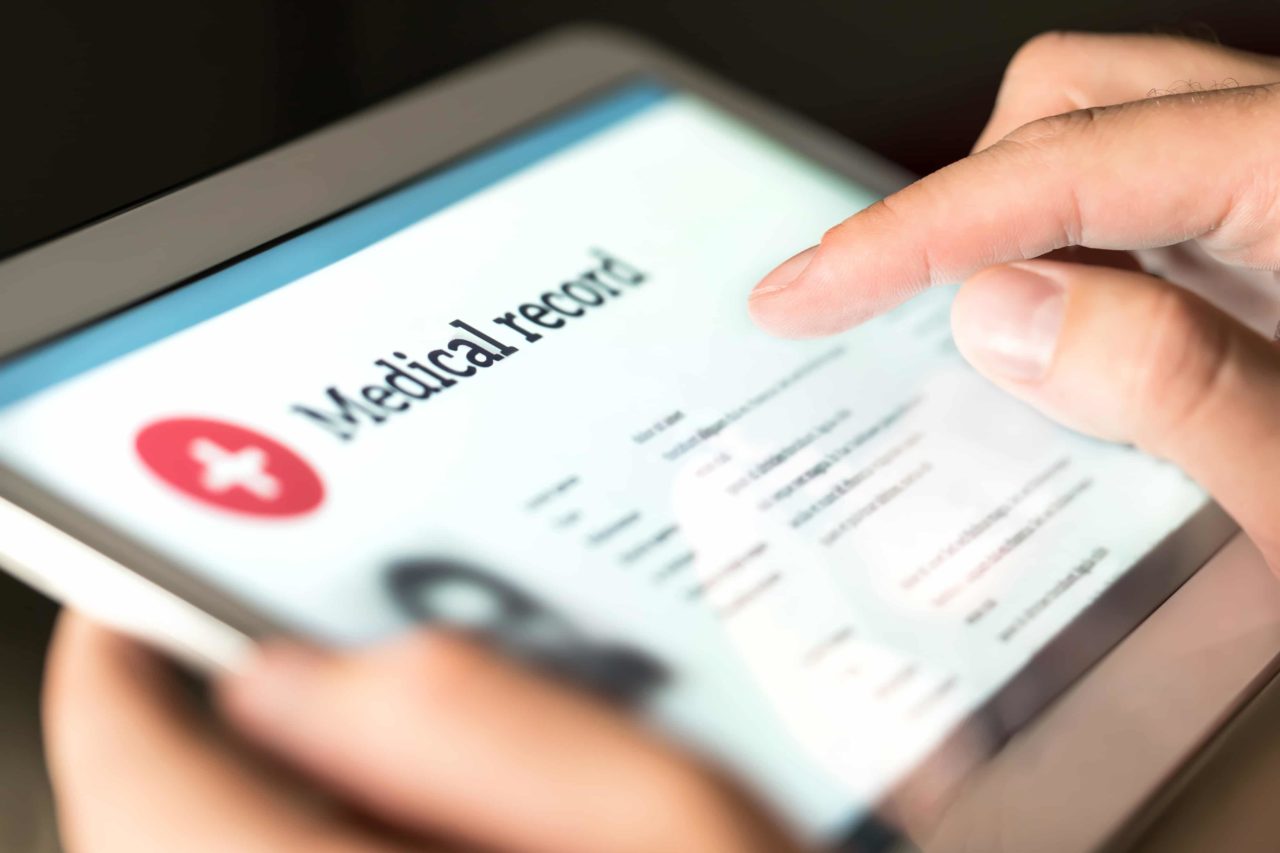Labeling standards have been on the minds of medical cannabis advocates for some time now. Any such standards have been lacking thus far, primarily due to cannabis’ federal status as a Schedule I controlled substance. Nonetheless, advocates continue to push for labeling standards in hopes of future legalization.
An example of such standards is a uniform symbol already adopted by Montana, New Jersey, Vermont, and South Dakota. Known as the International Intoxicating Cannabinoid Products Symbol (IICPS), it is intended for labels so that consumers know they are buying products containing THC regardless of where the purchases are made.
A Patchwork of Regulations
Cannabis’ status under federal law prevents the FDA from getting involved in setting labeling standards. If the FDA were to insert itself, the agency would be giving tacit approval to state-legal cannabis. They are not going to do that. So for the time being, labeling requirements are left to the states.
The unfortunate thing is that we now have a patchwork of regulations that do not always work well together. Some states have very strict labeling standards while others, not so much. It’s not an issue as long as the states continue to resist cross-border sales. But it is only a matter of time before such sales begin.
At least some cannabis advocates want to establish labeling standards now so that when sales do occur across state lines, everyone is on the same page. There is even a drive to establish labeling standards on an international scale. That would certainly be quite an achievement.
What Standards Would Accomplish
As for what developing labeling standards would accomplish, one look at other examples explains it clearly enough. For example, the FDA has established clear guidelines for labeling food products. You can go into any supermarket, anywhere in the country, and easily discover the ingredients of a given food product just by reading its label. The label will also provide relevant nutritional information.
Similar standards for medical cannabis would ensure that patients always know what they are buying at their local pharmacies. They could look at a package and immediately know how much THC they were getting. They could get information about other cannabinoids, terpenes, etc.
Labeling standards are especially important in light of the development of synthetic cannabinoids like Delta-8 and Delta-10 THC. As things currently stand, few states require testing or reporting of synthetic cannabinoids. As such, manufacturers could include them without letting consumers in on the deal.
Ask Your Medical Pharmacy Provider
While labeling advocates continue to push for some measure of standardization, patients still have questions about the medical cannabis products they purchase. If that sounds like you, we encourage you to ask your medical pharmacy provider whenever you are not sure what you’re buying.
It is the medical pharmacy provider’s responsibility to know as much about medical cannabis medicines as possible. If there is anyone at the local pharmacy who can answer your questions, that is the person.
We encourage you to read product labels whenever you purchase from our Salt Lake City or Brigham City cannabis pharmacies. Pay special attention to cannabinoid and terpene profiles. They are more important than brand names and strains. In the end, it is the cannabinoids and terpenes that help you from a medical standpoint. So concentrate on finding profiles that work for you.
In the meantime, we will have to wait and see where the push for labeling standards goes. Here’s hoping there’s some sort of resolution in advance of interstate sales. Putting labeling standards in place prior to such sales commencing would prevent a lot of headaches down the road.




